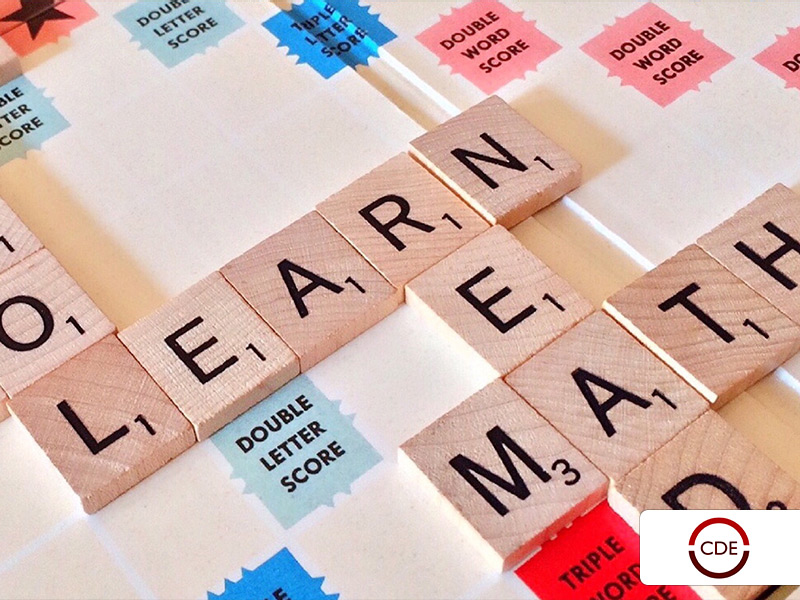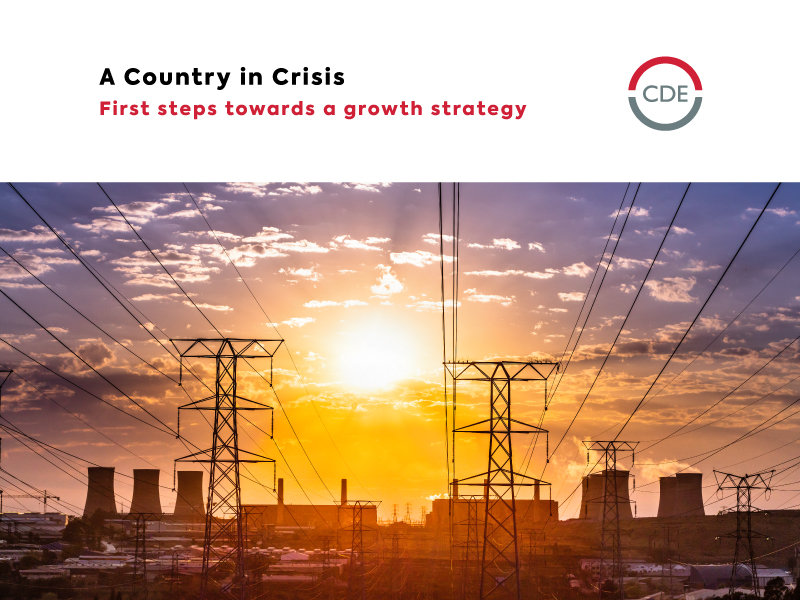
An examination of teacher supply and demand leads to the conclusion that South Africa urgently needs more and better teachers and that the country’s teacher management and training system needs radical overhaul.
According to Ann Bernstein, CDE executive director: “Many existing teachers are poorly managed and are not teaching effectively. This is partly because many of them have been badly trained. In addition, SA’s teachers are often poorly utilised.
For example, there is a shortage of maths teachers, yet many qualified maths teachers are not teaching maths – despite being willing to do so.”
These are among the key findings of a new report by the Centre for Development and Enterprise (CDE), VALUE IN THE CLASSROOM: The quantity and quality of South Africa’s teachers.
“South Africa’s education system is underperforming, especially in terms of maths and science results. When compared to many other developing countries, our expenditure on education is not being matched by results, and research shows decisively that good teaching is vital for better results,” said Bernstein.
The country is producing too few teachers, especially in key subjects such as maths and science. South Africa needs to produce some 15,000 more teachers per year to reach the necessary annual number of 25,000 new teachers. The teacher age profile suggests a looming shortage, and a growing need for greater numbers of younger teachers.
“Although the government has increased its bursaries for student teachers in the past few years, this is insufficient to meet the country’s needs. Far too few bursaries are being offered to talented potential teacher trainees – the country needs several thousand new bursaries per annum for those prepared to study and teach scarce subjects,” said Bernstein.
A quarter or even more of all newly trained teachers do not take up teaching posts in South Africa’s schools, deterred largely by low salaries and the poor image of the profession. Incentives should be introduced to attract and retain better teachers as well as teachers in scarce subjects. International experience shows incentives for teacher performance do work and should be introduced.
“Teaching needs to be made a more attractive profession. CDE is not suggesting all teachers deserve greater rewards. Many – possibly most – teachers are underperforming. But teachers in scarce subjects who are performing should be selectively rewarded. And prospective teachers in subjects most needed for economic growth and national development should be better paid,” said Bernstein.
Another issue is which institutions should produce the teachers of tomorrow. Public tertiary institutions are currently producing about one third of the required numbers.
“The issue is not only whether they will be able to train far more teachers, but whether they will be able to train them well,” said Bernstein. According to one official evaluation, only about a third of the institutions currently training teachers should qualify for accreditation, which – of course – has implications for the quality of their graduates.
In the field of teacher training, private players should be allowed to compete for public funds – harnessing market forces will produce more and better quality teaching training programmes.
According to Bernstein: “Teachers are at the centre of South Africa’s struggling school system. South Africa cannot continue to rely solely on current systems to train more and better teachers. The public sector alone cannot address this vital national need with sufficient scale, quality and speed. A new response is required drawing upon the best of global experience as well as all our national resources, both public and private.”



